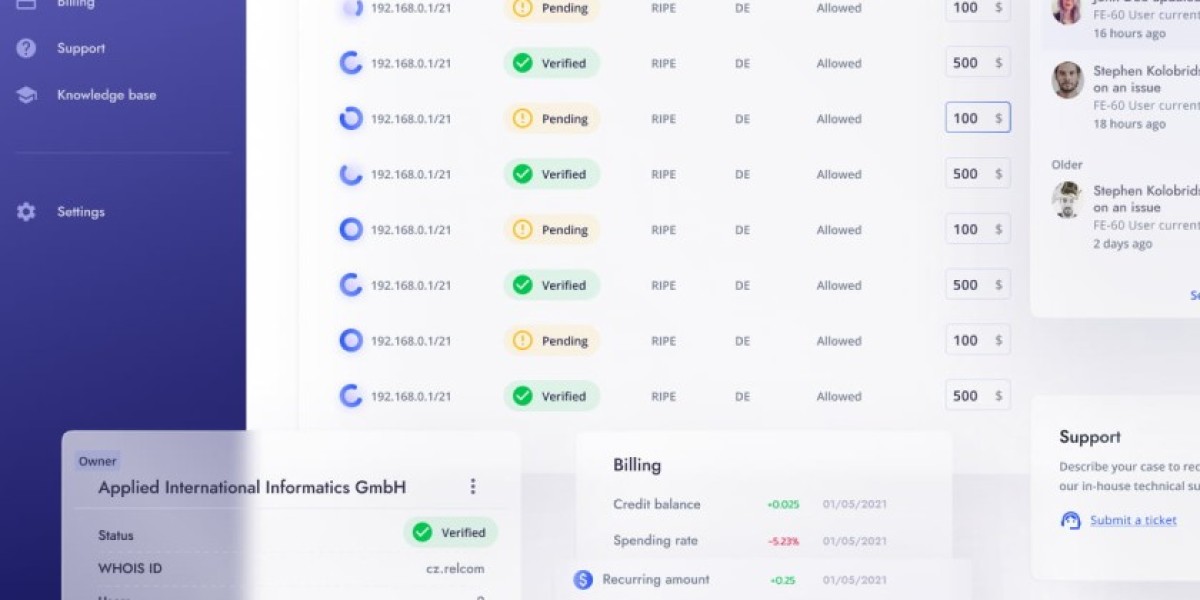When was the last time you visited a doctor just because, and not because you were feeling sick? If your answer is, "I can't remember," you're certainly not alone. Many of us tend to think of healthcare only when things go wrong—a fever, a cough that won’t go away, or a worrying ache. But what if taking care of your health before problems appear could save you money, time, and even your life? This is the beauty—and the power—of preventive healthcare.
What Exactly Is Preventive Healthcare?
In simple terms, preventive healthcare refers to medical care that helps detect or prevent serious diseases and medical problems before they become major. Think of it as the health equivalent of regular car maintenance. Just like you wouldn’t wait for your car to break down before getting an oil change, your body also deserves timely attention to keep running smoothly.
Preventive healthcare includes:
Regular check-ups and screenings (such as blood pressure, cholesterol, and cancer screenings)
Vaccinations to prevent infectious diseases
Counseling on healthy lifestyle choices, like diet and physical activity
Early detection of potential risk factors (such as pre-diabetes or osteoporosis)
Why Preventive Healthcare Is More Important Than Ever
Our modern lifestyle—while convenient—is also loaded with stress, processed foods, reduced physical activity, and environmental pollutants. These factors can contribute to a wide range of health issues, from diabetes and heart disease to cancer and mental health disorders.
A famous study by the World Health Organization (WHO) concluded that 80% of premature heart disease, stroke, and type 2 diabetes, along with 40% of cancers, could be prevented through healthier lifestyle choices like eating well, exercising, and not smoking (source).
Let that sink in: 80% of some of the most serious health conditions could be prevented. But only if we act early.
The Benefits of Prioritizing Preventive Healthcare
It Saves You Money in the Long Run
Sure, that $50 check-up may seem unnecessary when you’re feeling fine, but if it catches a disease in its early stage—like high blood pressure or high cholesterol—it can prevent the need for expensive treatments later. According to the CDC, chronic diseases account for 75% of America’s healthcare spending, most of which could be reduced with preventive measures.
Early Detection = Better Outcomes
Catching conditions like breast cancer, colon cancer, or diabetes early makes them far easier (and cheaper) to treat. In contrast, diseases detected late are often harder to manage and come with higher risks and costs.
You Stay in Control of Your Health
Preventive care allows you to stay on top of your health, giving you peace of mind. It means fewer surprises, less stress, and greater confidence that you’re doing what’s best for your body.
Improved Quality of Life
It’s not just about living longer—it’s about living better. Preventive healthcare can help you maintain energy, reduce pain, and stay active for longer.
A Healthier Family and Community
By taking charge of your own preventive health, you also set an example for your family and community. Kids learn the importance of eating vegetables and going for walks. Spouses get inspired to schedule overdue screenings. It’s a ripple effect that benefits everyone.
Preventive Healthcare Tips You Can Start Today
You don’t need to wait for your next annual physical to begin practicing prevention. Here are simple things you can do starting now:
Move More: Aim for at least 150 minutes of moderate activity weekly. It can be walking, cycling, dancing—anything that gets your heart pumping.
Eat Real Food: Load up on vegetables, fruits, lean proteins, and whole grains. Minimize sugary snacks and processed foods.
Sleep Well: Poor sleep has been linked to weight gain, depression, and even heart disease. Aim for 7–9 hours per night.
Quit Smoking and Limit Alcohol: This remains one of the most effective ways to reduce your disease risk.
Know Your Numbers: Blood pressure, cholesterol, blood sugar—understand where you stand and work to improve these markers.
Where to Find Trusted Preventive Healthcare Resources
In today’s digital world, health information is everywhere—but not all of it is reliable. For expert, science-backed preventive healthcare tips, the Mayo Clinic’s official website offers a treasure trove of advice on screening schedules, diet, mental health, and disease prevention (visit here).
Additionally, you can explore valuable health services and resources tailored to your needs on trusted local directories like Healthusias, which features listings related to health products, services, and more. It's a great starting point if you’re searching for health-focused businesses or clinics in your area.
In Conclusion: Small Steps, Big Rewards
It’s easy to overlook preventive healthcare when you’re feeling fine. But remember: prevention today can mean avoiding big problems tomorrow. Whether it’s scheduling a quick check-up, going for an evening walk, or swapping soda for water, these little changes build a healthier, stronger you over time.
So the next time you think, “I feel fine, I don’t need a doctor,” remind yourself: it’s not just about fixing what’s broken—it’s about staying strong, vibrant, and ready for life.
Your future self will thank you.








